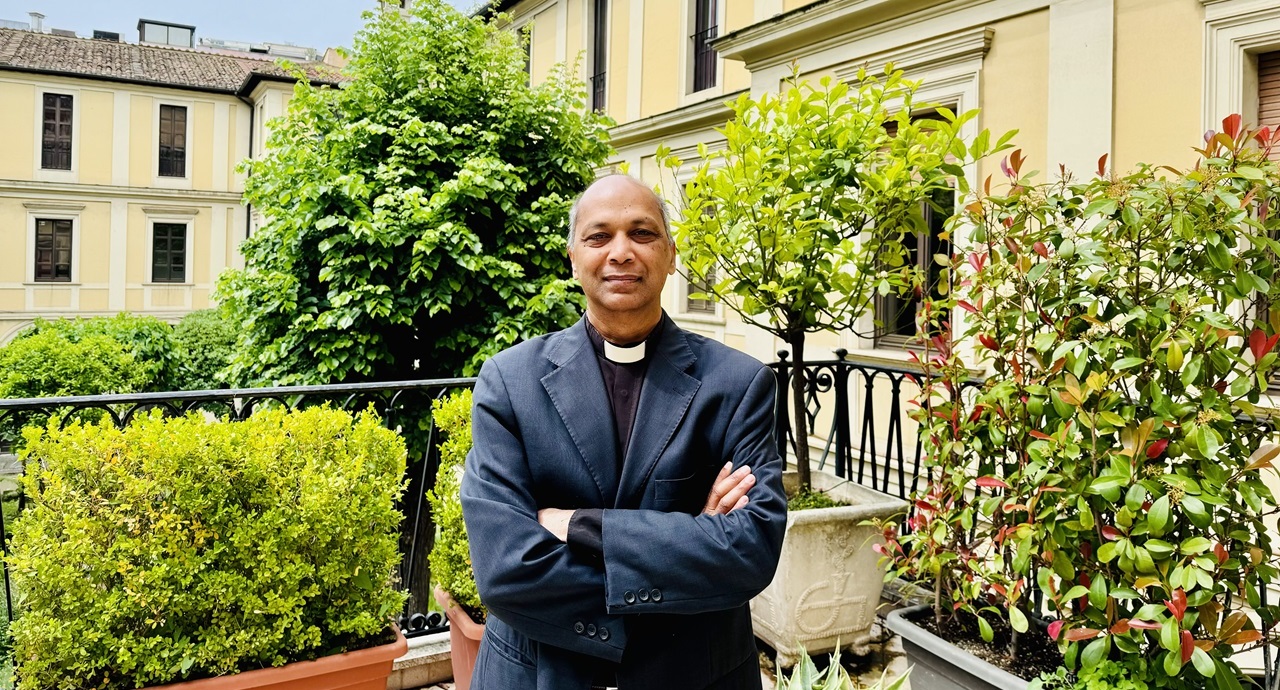Pontifical Oriental Institute
- Home
- Academic Units
- Missions
- Pontifical Oriental Institute


«Through its integration with the new Pontifical Gregorian University, the Pontifical Oriental Institute strengthens the mission entrusted to it by the Pope. The Gregorian (now Collegium Maximum), the Biblical Institute and the Oriental Institute, which have operated independently for many years, will henceforth continue together. The Orientale, with all its components, is ready to welcome the possibilities and challenges of this new stage of its existence. May the Lord guide every step of this journey together»
P. Sunny Kokkaravalayil, S.J.
President of Pontifical Oriental Institute
Founded on October 15, 1917 by Pope Benedict XV, several months after the creation of the Congregation for the Oriental Church, the Pontifical Oriental Institute was established by the motu proprio Orientis Catholici as a “suitable seat of higher studies on Oriental matters.” In 1922, Pope Pius XI entrusted it to the Society of Jesus to promote its specific mission of service to the Eastern Churches.
The Institute includes the Faculty of Eastern Christian Studies, with sections of patristic theology, liturgy, and history, and the Faculty of Oriental Canon Law, both of which grant the academic degrees of Licentiate and Doctorate. The mission of the Pontifical Oriental Institute is enriched by the specialised heritage of over 200,000 volumes kept in the Library, which is regularly visited by scholars from all over the world.
According to the General Statutes of the Gregorian (art. 8 § 4), the purpose of the Pontifical Oriental Institute is: